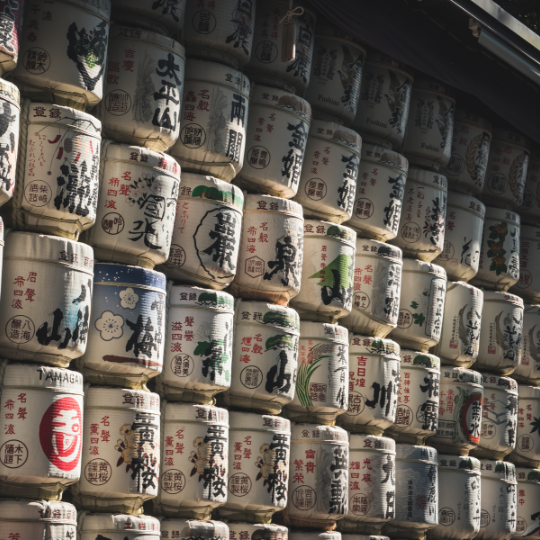Introduction:
When it comes to enjoying traditional Japanese cuisine, sake often comes to mind. This rice-based beverage is a staple in Japanese dining and holds a special place in the culture’s culinary history. For those embracing a gluten-free lifestyle, whether due to celiac disease, gluten sensitivity, or personal choice, the question arises: Is Ozeki Sake gluten-free? Let’s unravel the mystery of this celebrated drink.
The Basics of Sake Brewing:
Sake, often referred to as ‘rice wine’, is crafted through a brewing process that resembles beer more than wine. The key ingredients in sake include rice, water, koji mold, and yeast. Koji mold is crucial as it breaks down the starch in rice into sugars, which yeast can then ferment into alcohol. This process is known as multiple parallel fermentation, unique to sake production.
Ozeki Sake and Gluten:
Ozeki, one of the leading sake brands, has been producing sake since 1711. Their process adheres to traditional methods, focusing on quality and purity. Since the primary ingredient in sake is rice—a naturally gluten-free grain—it is inherently gluten-free.
Cross-Contamination Concerns:
Despite sake’s rice origin, those with severe gluten intolerances often worry about cross-contamination. In the case of Ozeki Sake, the production takes place in facilities dedicated to sake brewing, minimizing the risk of gluten-containing grains entering the vicinity. However, it’s always prudent for those with celiac disease to verify with manufacturers directly regarding their specific practices.
Labeling and Regulations:
In many countries, alcoholic beverages do not have the same stringent labeling requirements for allergens as food products. Therefore, while Ozeki Sake does not contain gluten ingredients, it may not be labeled gluten-free. Consumers should conduct due diligence and possibly reach out to Ozeki for confirmation.
Personal Experiences and Anecdotes:
Many individuals within the gluten-free community have shared their experiences of enjoying sake without adverse reactions. These personal stories add a layer of communal insight, though they should not replace professional advice.
Conclusion:
Ozeki Sake appears to be a safe option for those on a gluten-free diet, given the absence of gluten-containing ingredients and the traditional brewing methods that avoid cross-contamination. However, with the absence of specific gluten-free labeling, caution is advised for those with high sensitivity. As always, consulting with a healthcare professional before trying new products is recommended for those with celiac disease or gluten intolerance.
Final Thoughts:
Exploring the world of sake can be a delightful experience, and understanding the gluten-free status of beverages like Ozeki Sake allows everyone to partake in this aspect of Japanese culture. Whether you’re toasting at a celebration or sipping quietly at home, the rich tradition of sake is one to be savored.
Remember, when in doubt, reach out to the manufacturer, and stay tuned to your body’s responses. Cheers to safe sipping!
